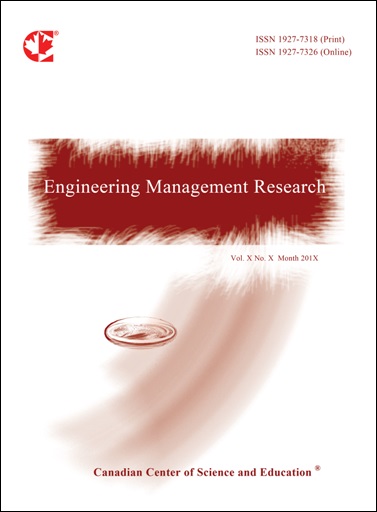Container Port Selection in West Africa: A Multi-Criteria Decision Analysis
- Rivelino Icaza
- Gregory Parnell
Abstract
The West Africa gross domestic product is expected to grow and port expansion projects will increase capacity by over 12 million TEUs (Twenty-Foot Equivalent Units) by 2020. With the economic potential that the region offers and the steady growth of container traffic, the port selection decision by shipping lines is complex because the region has a poor shipping infrastructure and political instability that impact transportation security supply chain services. This research applies a multi-attribute value theory (MAVT) with value-focused thinking (VFT) and alternative-focused thinking (AFT) methodologies to develop a shipping lines’ container port selection decision models for West Africa. Criteria and port alternatives from a previous published study were used in the research. The study demonstrates that a decision analysis model can be developed based on available quantitative port data rather than using data from surveys, interviews and questionnaires, as done in previous publications. In both approaches the Abidjan Port is the best option for shipping lines and the worst option is the Lagos Port. The VFT approach offers graphical displays that help decision makers understand strengths, weaknesses, tradeoffs, and improvement opportunities for each port alternative.
- Full Text:
 PDF
PDF
- DOI:10.5539/emr.v7n1p68
Index
Contact
- Cathy TaylorEditorial Assistant
- emr@ccsenet.org
